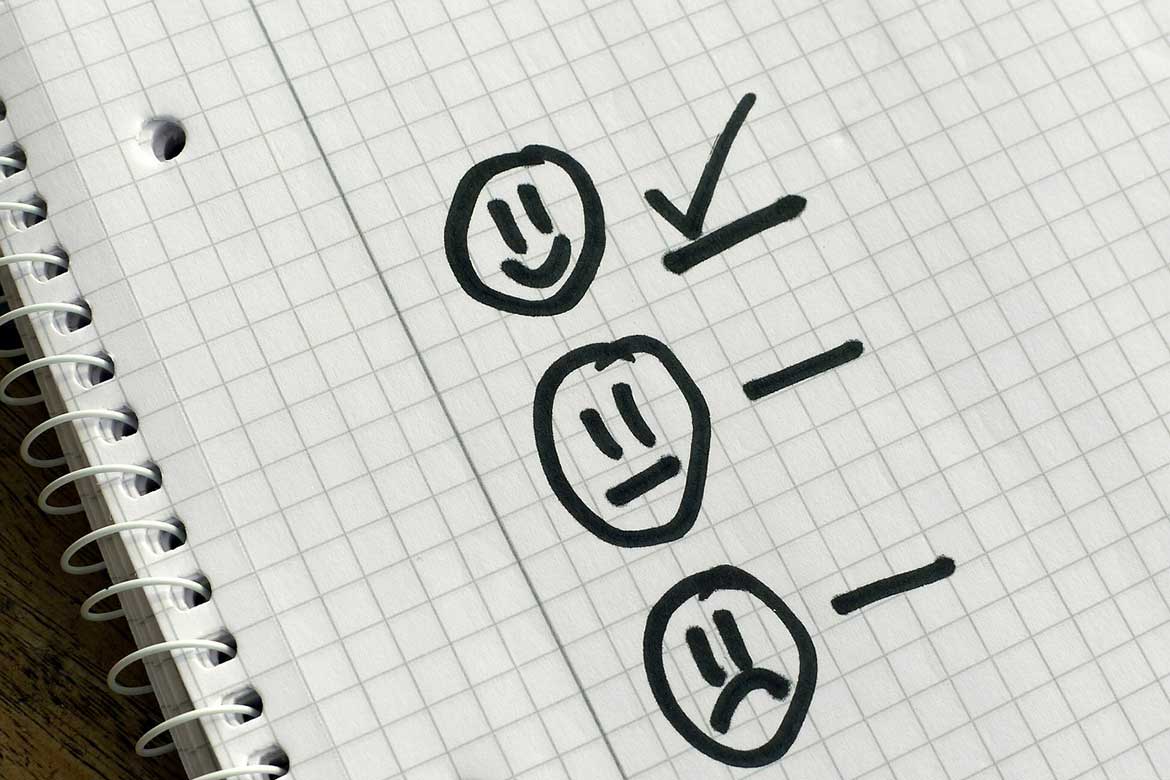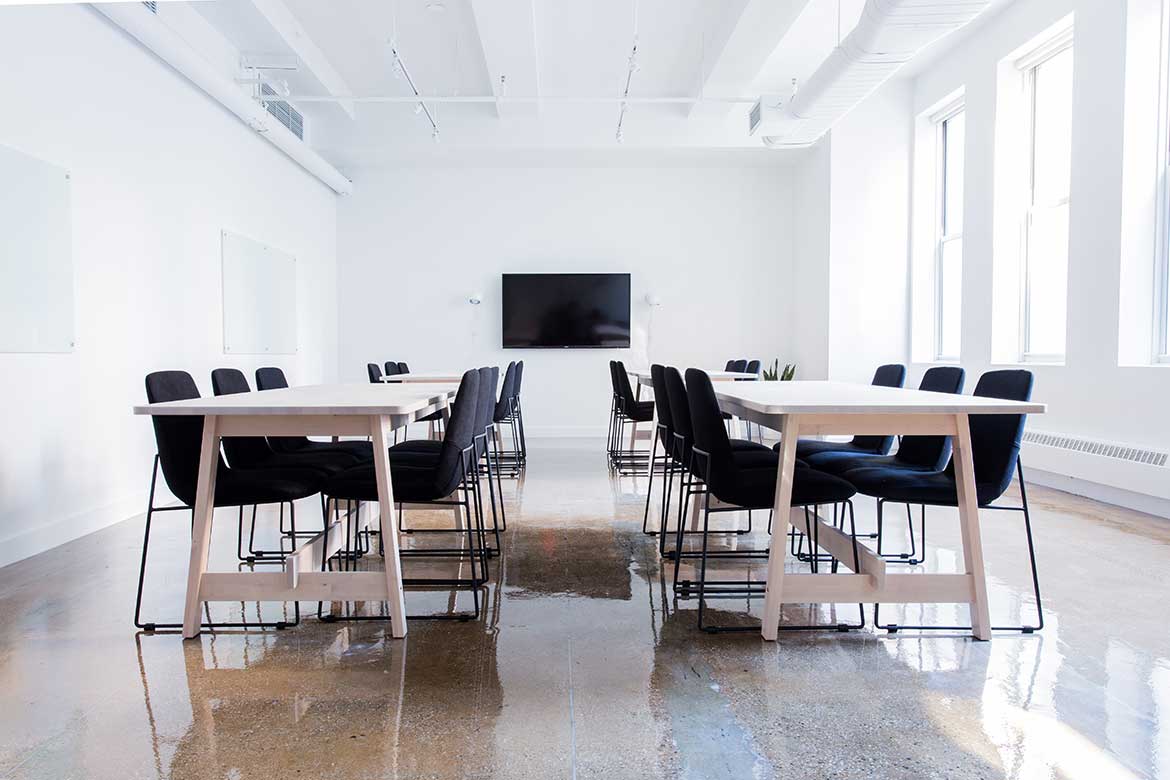1st October, 2024
9 Reasons Health And Safety Is Important For Your Business
Is health and safety important? You can bet your life it is. If you don't take health and safety seriously you are gambling with your life and the lives of others. Health and safety benefits your team and your business. Here are 9 reasons why health and safety is important for your business.

Health and safety is important. We know that - and you probably know that too. The benefit that is most discussed is that it protects people. It stops people from getting hurt and keeps people safe.
But even though most people know health and safety is important, it is often seen as a burden to businesses.
The paperwork. The rules. The red tape. The hassle.
Is it fair to look at health and safety in this way? As a burden?
I don't think it is.
The benefits to businesses that manage health and safety successfully and grow a positive health and safety culture are huge.
Let's take a look at the top reasons why health and safety is important to business.
1. Health and safety protects people from harm
Ok, we are going to start with a people benefit, rather than a business benefit. But that's because what's good for your team, is good for your business too.
If your team are happy and safe and feels safe at work, they perform better. If your team are healthy they perform better. If your team feels like you care about them and their well-being, they perform better. If your team don't have injuries and are alive, they perform better!

So protecting people from harm is good for people, and good for business too.
Now let's dive deeper into why health and safety is good for your business.
2. Health and safety keeps your business going
Businesses rely heavily on their people. It needs people to do the work. Put ideas forward. Think of solutions. Create things. Make things. Break things. Whatever the business activities are.
Even if your business is only you, especially if your business is only you, or a small team. Because if you or a member of your team is out of action, the work cannot get done. Work will stop.
If an accident happens, work has to stop. The accident needs to be investigated. Corrective action will need to be taken. Staff might need replacing if they have been hurt. Equipment might need to be replaced or repaired if it has been damaged.
So unless your business is powered by robots, you need to keep people safe to keep your business going.
3. Health and safety keeps people at work
You need your people.
You've trained them up, grown their experience, developed their skills, and created a team that works well together.
That can't be replaced overnight.

When accidents happen people can get injured, and even killed. And they can be out of work for a long time, or even forever. When work-related ill health develops, the effects are often irreversible.
And the more specialist or skilled your work activities are, the harder it is to replace a team member if they are out of work due to injury or ill health.
4. Health and safety helps productivity
Speaking of health, a healthy team is a more productive team.
If your team has been exposed to large quantities of dust, or hazardous fibres or substances, they may develop respiratory illness, preventing them from working to their full potential as they struggle with breathlessness.
If employees have become ill from vibration exposure they may struggle gripping things and pushing buttons.
Noise exposure might prevent them from hearing instructions and important messages.
And health isn't the only part of health and safety that affects productivity. If you don't have safety measures in place, and people feel unsafe or unsure in the workplace, this can also have an impact on productivity, as people struggle to work out what they need to do or avoid doing things out of fear of injury.
5. Health and safety saves money
Yes, you read that right. Health and safety can save you money.
Health and safety is usually considered as an expense, but it should be seen as an investment. You put money in, but you also get money out in terms of the savings you make from future events.

That accident that didn't happen would have cost you thousands in compensation, fines, and increased insurance premiums. And that staff member didn't leave because you stopped them from getting injured, so you saved the cost of recruiting and training a new employee.
Find out more in can health and safety save you money?
6. Health and safety protects your reputation
Reputation matters in business, for:
- Getting customers
- Recruitment
- Accreditations
- Awards
If you want to attract customers and employees, and if you want other businesses to want to work with you, you need to leave a good impression. Poor health and safety standards do the opposite.
Accidents, poor safety standards, ill-health amongst your workers, fines, enforcement, prosecutions. None of this is a good look for your business.
7. Health and safety helps you win work
Winning work can be a competitive process in any industry. And you don't always want to compete on price. After all, that's just a race to the bottom.
You want to be better than your competitors.
Provide a higher quality product or a better service.

When you bid for work, especially on bigger projects in the public and private sectors, you will probably be asked about your health and safety record. The supply chain is becoming more and more important to clients as they seek to protect their own reputation and improve their own standards. So they will only want to work with businesses that can maintain or enhance their reputation.
Providing evidence that you have a proactive approach to health and safety, by gaining health and safety accreditations and completing pre-qualification questionnaires, will help you win work.
And winning work is essential for a successful business.
8. Health and safety reduces staff turnover
Losing members of staff is never a good thing. You've trained them. They have valuable skills that you need. They have grown relationships with you, colleagues, clients and customers. They are part of your business.
But you might lose members of staff if they get seriously hurt, become ill through their work, or are unhappy because they feel their health and safety are at risk or aren't taken seriously.
...where skills are relatively scarce, where recruitment is costly or where it takes several weeks to fill a vacancy, turnover is likely to be problematic. The more valuable the employees in question - for instance where individuals have specialist skills or where they have developed strong relationships with customers - the more damaging the resignation, particularly when they move on to work for competitors.
Providing a safe work environment shows that you value your staff, and want to do the right thing by protecting them. And that might be one of the benefits that encourages them to stay.
9. Health and safety makes you feel good
It's important that you feel good about your business.

You put a lot of time and effort into your work, and we spend a lot of our lives on our careers, whatever we choose to do. And the better you feel about your business, the more passionately you will be able to promote it.
You don't want to think about the people your business has harmed, through poor health and safety practices.
You want to think about the people you have helped, by providing jobs and a safe place to work. By delivering the services clients demand, safely.
Find out more about the legal health and safety responsibilities of employers.
This article was written by Emma at HASpod. Emma has over 10 years experience in health and safety and BSc (Hons) Construction Management. She is NEBOSH qualified and Tech IOSH.
Better health and safety...
We are here to help you and your business put safety in everything.
Learn MoreRecent posts like this...

Is Health And Safety Training A Legal Requirement?
For all business types, health and safety training will be a legal requirement in one form or another. Your team might need external training courses, qualifications, and certificates. Staff may need in-house inductions, on-the-job training, and toolbox talks. Often, a mixture of both is required.
Read Post
HSE Fee For Intervention Charges Explained
FFI stands for 'fee for intervention', which was introduced under the Health and Safety (Fees) Regulations 2012. FFI aims to recover the HSE's costs, including inspection, investigation and enforcement action, charging businesses that are in breach of health and safety regulations.
Read Post
How To Plan For Better Health And Safety At Work
If you want better health and safety, you need to plan for it. And who doesn't want to stay safer and have fewer accidents and ill health in their workplace? In this blog post, we look at how to plan for better health and safety at work.
Read Post